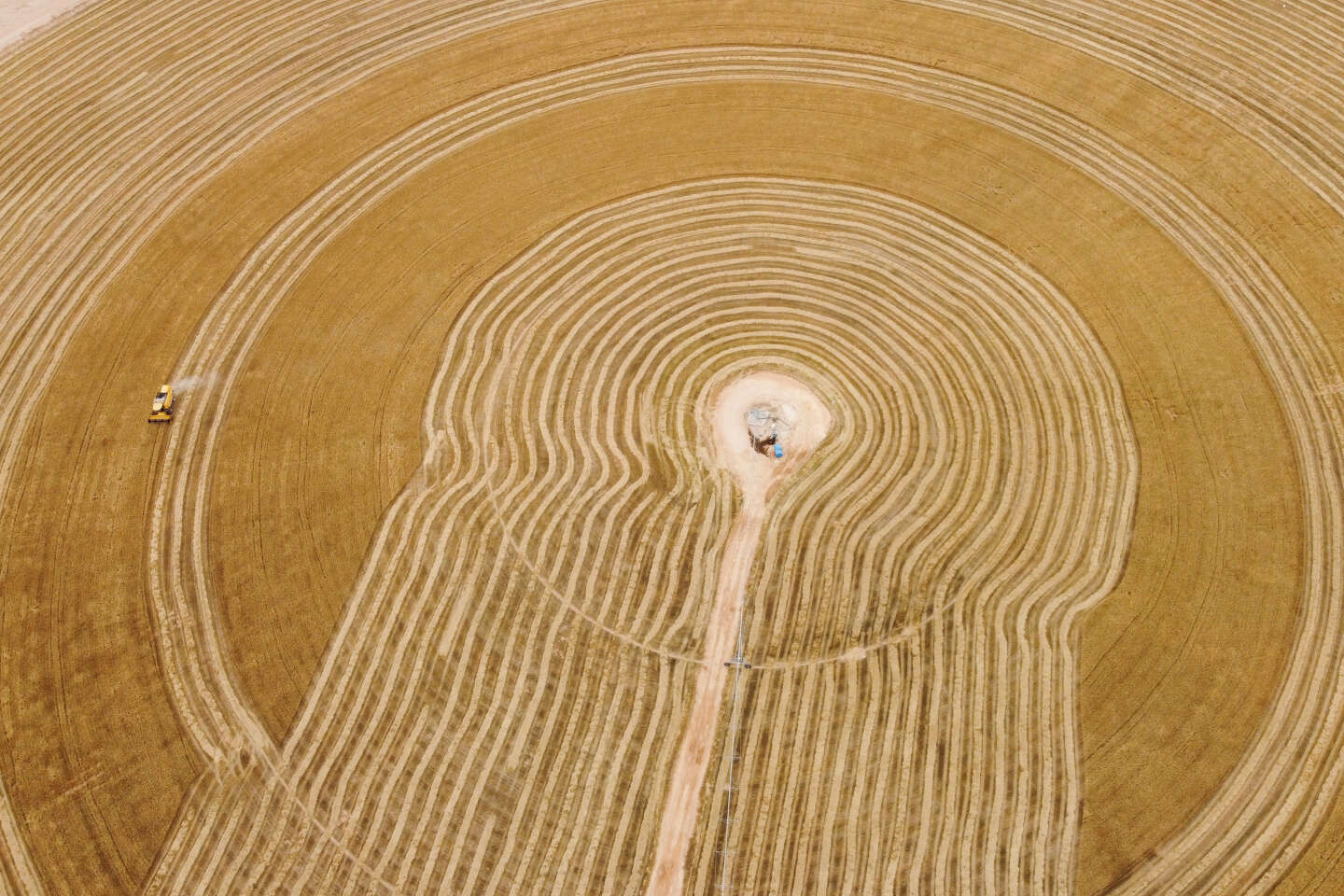World
World Bank calls to ‘drastically reorient’ the global agrifood system

“The food system must be fixed because it is making the planet ill.” It would not be surprising if this observation had come from environmentalist organizations or political groups. However, it comes from the World Bank in a report published on Tuesday, May 7, titled “Recipe for a Livable Planet.” In this several-hundred-page analysis, the multilateral development bank – which has pledged under the presidency of American Ajay Banga, appointed in May 2023, to devote 45% of its financing to climate issues – acknowledges the need to “drastically reorient the agrifood system, as its current form is pushing the planet beyond its operating limits.” However, the institution’s proposed “recipes” are far from convincing for experts in agricultural transition.
The sector accounts for a third of global greenhouse gas emissions but has long taken a back seat in the climate agenda compared to the issues of energy, industry and transportation. In these areas, “scaling up a few key technologies has made an important difference in reducing emissions,” the World Bank observes. In contrast, it continues, “The world has avoided confronting agrifood system emissions for as long as it could because of the scope and complexity of the task.”
Regarding climate financing, only 4.3% is dedicated to agriculture and food. The discrepancy is even more glaring in the money devoted to reducing greenhouse gas emissions, where the sector receives just 2.4% of the amounts committed – an effort the institution describes as “anemic.” Yet food-related emissions alone could make it impossible to achieve the goal set in the 2015 Paris Agreement of limiting warming to 1.5°C.
Multiplying climate financing by 18
The World Bank points out that to achieve carbon neutrality in the sector by 2050, annual climate investments in agriculture and food would have to be multiplied by 18, reaching $260 billion (€240 billion) annually. According to the institution, the good news is that the money is there – the required investment is less than half of the amount currently spent on public subsidies for the agricultural sector. “Subsidies for agriculture are clearly part of the answer, and reorienting them does not mean eliminating them, but spending them more efficiently, so as to increase productivity,” said Alexander Lotsch, co-author of the report.
The other good news, the World Bank emphasizes, is that the benefits generated by these investments far outweigh the estimated costs. In terms of jobs, health, biodiversity and increased food security, the return on investment is estimated at 16 to one by 2030.
You have 44.59% of this article left to read. The rest is for subscribers only.









